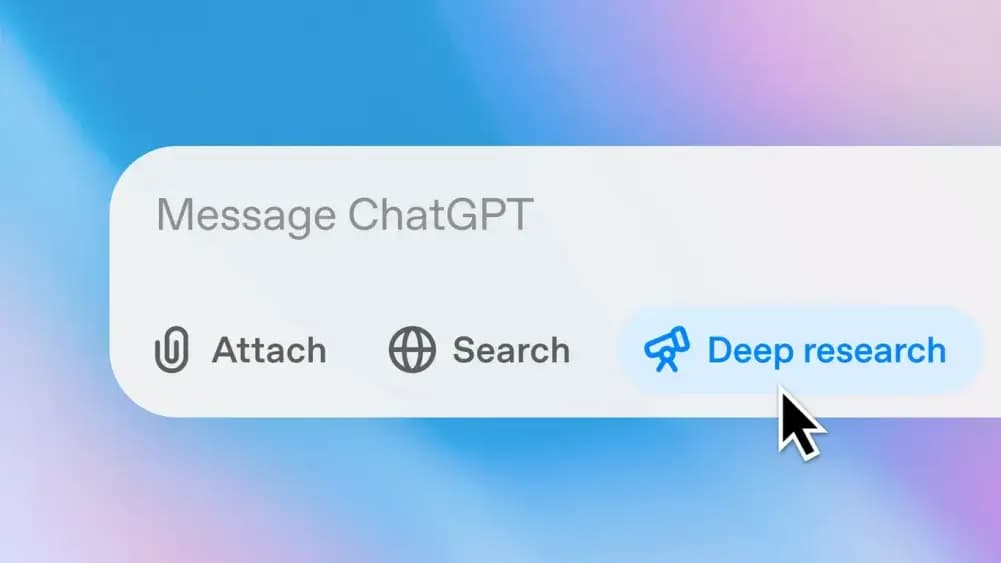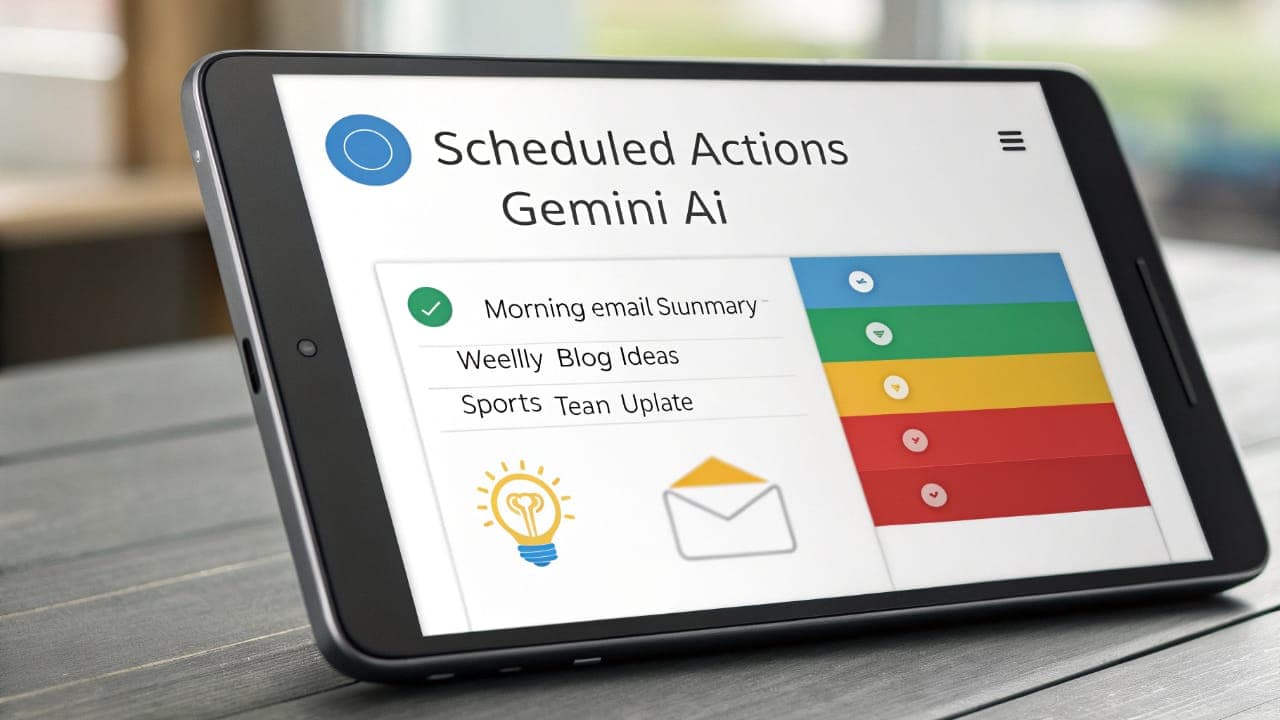
OpenAI has announced the launch of a new "lightweight" version of ChatGPT's Deep Research feature. This move grants a wider range of users access to advanced research techniques previously exclusive to paid tiers.
The new version relies on the o4-mini model. Furthermore, the company emphasizes that it closely approaches the intelligence level of the full version, despite providing shorter responses while maintaining quality and depth.
This lightweight version has started rolling out to users of the free ChatGPT tier, allowing for five tasks per month.
Meanwhile, subscribers to the Plus, Team, and Pro plans receive a higher usage allowance. Plus and Team users get up to 25 tasks per month, while Pro users benefit from a generous 250 tasks monthly.
Availability is set to expand next week to include Enterprise and Education users under the same respective limits.
In this context, OpenAI explained that running the lightweight version is significantly less costly compared to the original Deep Research. This cost factor is crucial, especially considering the substantial expenses the company incurs to operate its services.
This step gains importance amidst growing competition in the deep research tools space. New models have emerged from companies like Google, Microsoft, and xAI, leveraging AI technologies capable of logical reasoning and self-verification of information – essential skills for conducting accurate and in-depth research.
On a related note, OpenAI revealed that the system will automatically switch to the lightweight version when a user hits their usage limit for the original version. This ensures service continuity without interruption.
Despite this rollout, the full version of Deep Research remains exclusive to subscribers. It notably provides lengthy reports with comprehensive documentation of information sources and the analysis methodology used.
With this update, OpenAI aims to enhance the user experience while maintaining the sustainability of its resources, at a time when competition within the AI research landscape is rapidly accelerating.




